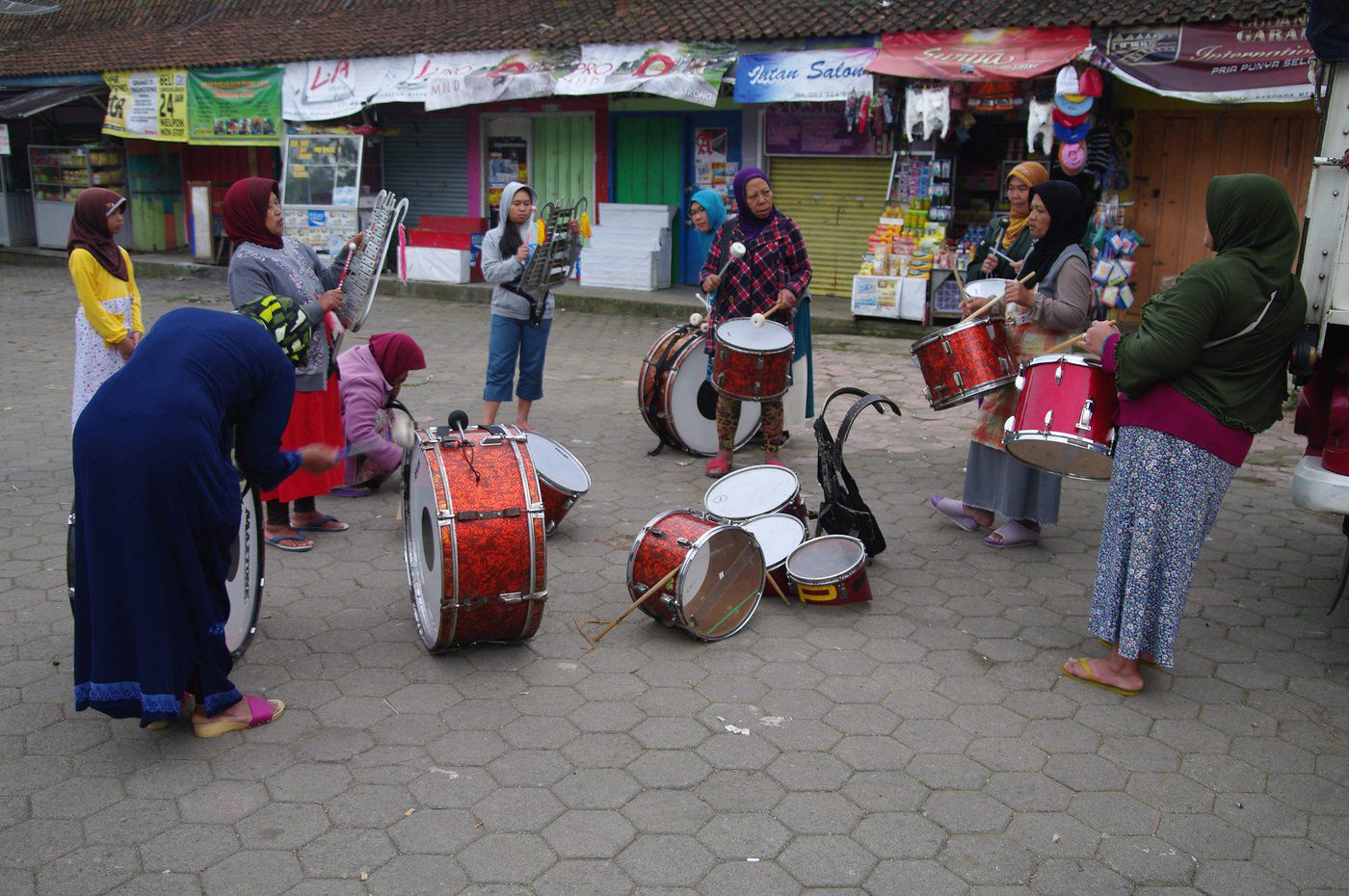By Fafurida, Universitas Negeri Semarang
SEMARANG, Oct 7 – Up in the central highlands of Java, Indonesia, the village of Dieng Kulon seemingly floats in the clouds. Frosty and wet, and home of the Indonesian potato crop, Dieng Kulon, on the Dieng Plateau, it is unlike the Indonesia most of the tourists come to see. Yet this mysterious place could prove a model for tourism as Indonesia recovers from the damage wrought by Covid-19.
In Indonesia, the number of foreign tourists visiting during the pandemic dropped to around four million people in 2020, about a quarter of the usual number. In February, hotel occupancy was still at 49 per cent.
However, by April it had dropped to just 12 per cent. The impact of the Covid-19 pandemic on the Indonesian tourism sector can also be seen from the reduction in working hours. Approximately 12.91 million people in the tourism sector had their hours reduced, and 939,000 people in the tourism sector lost their jobs.
One of the ways back for the struggling Indonesian tourism sector may be community-based tourism or what the Indonesian called as desa wisata or rural tourism. The concept bloomed after the enactment of Village Law in 2015 as a source of village income.
Tourism activities in desa wisata are conceived by and led by the community, such as managing and renting accommodation, selling souvenirs, food and so on. By involving the villagers, income goes directly to the village, not private companies, rich entrepreneurs or the government. When Covid-19 crippled international tourism, domestic desa wisata allowed rural tourist villages to survive.
The potential of nature-based and village tourism in Indonesia can be seen from the number of tourist villages spread over all the islands — currently, 1,838. Desa wisata promotes rural natural attractions, local activities, cultural performances, experiences such as fruit-picking etc, local hospitality, cultural gastronomy and enjoying the countryside. Central Java has the most tourist villages at about 353, and the number has been increasing: from 126 in 2016 to 384 in 2020.
Sustainable development, a central tenet of the United Nations and supported by 193 member states, can arise from desa wisata development. When villagers realise that nature, cultural activities and cuisine of the village is attractive to visitors, it shifts perceptions. If these attractions can be sold to tourists to generate income, the community acts to protect them.
Local communities’ participation in tourism development is listed in the Indonesian National Tourism Development Master Plan 2010-2025 and the Village Minister Regulations 2020. Village Funds are allocated to develop desa wisata.
The local community’s participation in decision making, and community knowledge on tourism affects whether or not village tourism development is sustainable. Central, provincial and district governments monitor the implementation of desa wisata to ensure the budget benefits the villagers in the long run.
Tourism also increases economic growth in rural areas due to spillover effects — wealthier tourism operators spend in their own communities. Wider rural economic development can therefore occur.
In the case of the Dieng Plateau, desa wisata has proved successful, according to Alif Faozi, the head of the local tourism awareness group. The community-based tourism implementation model applied here has since been applied to several other villages, emphasising local people’s participation.
It has celebrated the natural beauty of the countryside such as rice fields, rivers, mountains, and cool air; allowed cultural events, such as weddings, funerals, holiday celebrations, dancing, and food; and developed amenities and artificial attractions in the area, all supported by local communities, government, private sector, universities, and the media.
The community has formed tourism awareness groups (pokdarwis) who promote the idea of harnessing tourist dollars to their community. They also created working groups (pokja) to cover different tasks to ensure everybody has the role in developing tourism in their village.
The model of tourism development that has been implemented on the Dieng Plateau can be tested and improved. For the future, this community-based concept of tourism can be adjusted to the local condition of each region and implemented in many other tourist village destinations.
Fafurida is a lecturer at Universitas Negeri Semarang, Indonesia, and department head of economic development. Her research interests are regional economic development and tourism economy.
Article courtesy of 360info.
